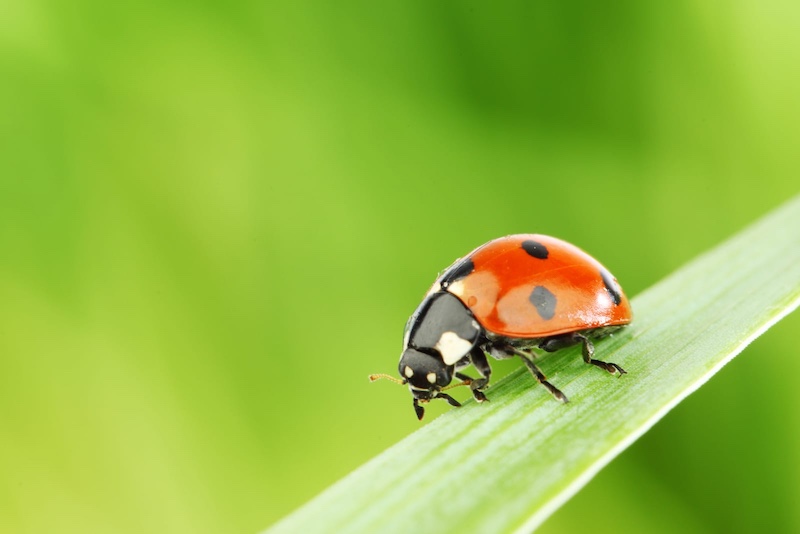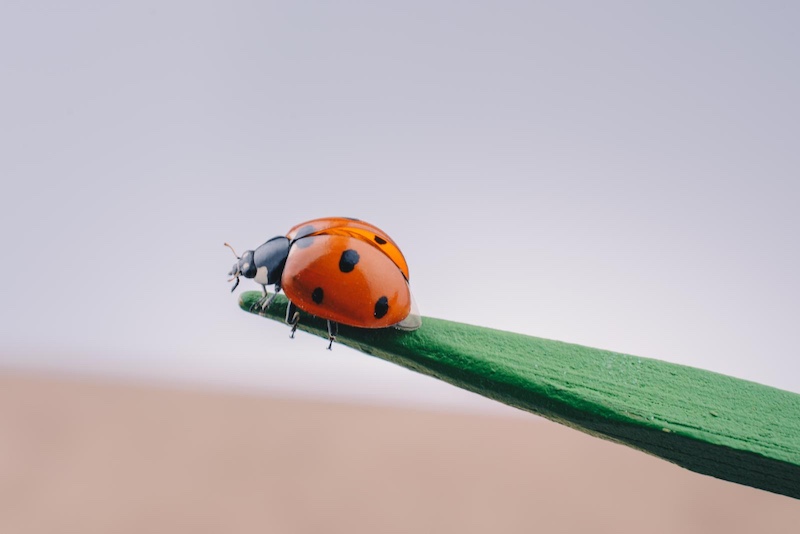Insects often evoke fear or disgust, but they play essential roles in maintaining our ecosystems and health. Beyond their crucial contributions to the environment, insects have surprising benefits for human health. Here are ten remarkable ways these small creatures make a significant impact on our well-being. After this, you might think twice before swatting an insect out of the way!
1. Insects Enhance Pollination

Insects, particularly bees, butterflies, and beetles, are vital pollinators for many crops and wild plants. Their pollination activities increase the yield and quality of fruits, vegetables, and nuts, which are essential for a balanced diet. An estimated one-third of the food we consume relies on insect pollination, making their role critical for nutrition and food security.
2. Insects Control Pest Populations

Many insects act as natural predators, helping to manage pest populations that threaten crops and gardens. Ladybugs, for example, feed on aphids, while parasitic wasps target caterpillars. By promoting beneficial insect populations, farmers can reduce their reliance on chemical pesticides, which can have harmful effects on human health and the environment.
3. Insects Improve Soil Health

Insects contribute to soil health by breaking down organic matter, improving nutrient availability, and enhancing soil structure. Earthworms, while not technically insects, are often grouped with them and play a vital role in aerating the soil and facilitating water retention. Healthy soil is essential for growing nutritious food, which directly impacts human health.
4. Insects Provide Medical Insights

Insects have long been a source of medicinal compounds. For instance, the venom of certain insects, such as wasps and bees, contains substances that have anti-inflammatory and pain-relieving properties. Researchers are also exploring the potential of insect-derived compounds in developing new antibiotics, antiviral agents, and cancer treatments.
5. Insects Offer Nutritional Benefits

Insects are a sustainable source of protein and other nutrients. Edible insects, like crickets, mealworms, and grasshoppers, are rich in protein, healthy fats, vitamins, and minerals. Incorporating insects into diets can help address global food security and malnutrition, especially in developing regions where conventional protein sources may be scarce or expensive.
6. Insects Aid in Biodegradation

Insects play a crucial role in decomposing organic matter, such as dead plants and animals. This process is essential for nutrient cycling in ecosystems, helping to break down waste and return nutrients to the soil. Efficient decomposition by insects contributes to healthy ecosystems, which ultimately benefits human health by ensuring a stable food supply.
7. Insects Serve as Biodiversity Indicators

The presence and health of insect populations serve as indicators of environmental quality and biodiversity. Monitoring insect diversity can help identify changes in ecosystems, allowing for timely interventions to protect habitats and promote public health. A healthy environment reduces the risk of zoonotic diseases, which can be transmitted from animals to humans.
8. Insects Facilitate Scientific Research

Insects are often used as model organisms in scientific research. Studies involving fruit flies, for instance, have advanced our understanding of genetics, development, and disease mechanisms. Insights gained from insect research can lead to breakthroughs in human health, particularly in understanding aging and genetic disorders.
9. Insects Assist in Eco-Friendly Waste Management

Certain insects, such as black soldier flies, are utilized in waste management systems. They can effectively break down organic waste, converting it into valuable protein for animal feed or organic fertilizer. This approach not only helps manage waste but also promotes sustainability and environmental health.
10. Insects Contribute to Mental Well-Being

Engaging with nature, including observing and interacting with insects, has been linked to improved mental well-being. Activities like gardening or insect-watching can reduce stress, increase mindfulness, and foster a deeper connection with the environment. Please Note: This content was created with the assistance of AI and thoroughly edited by a human before publishing.

